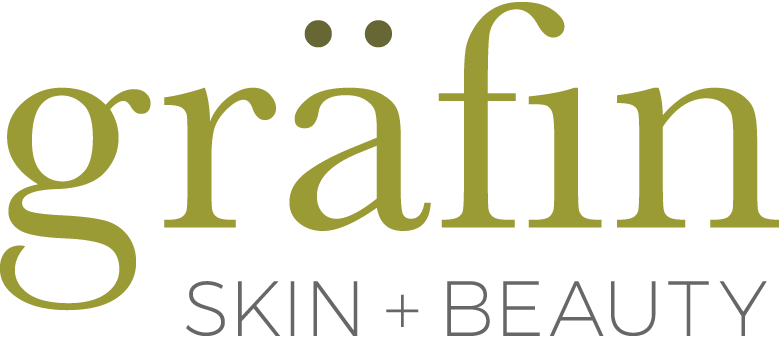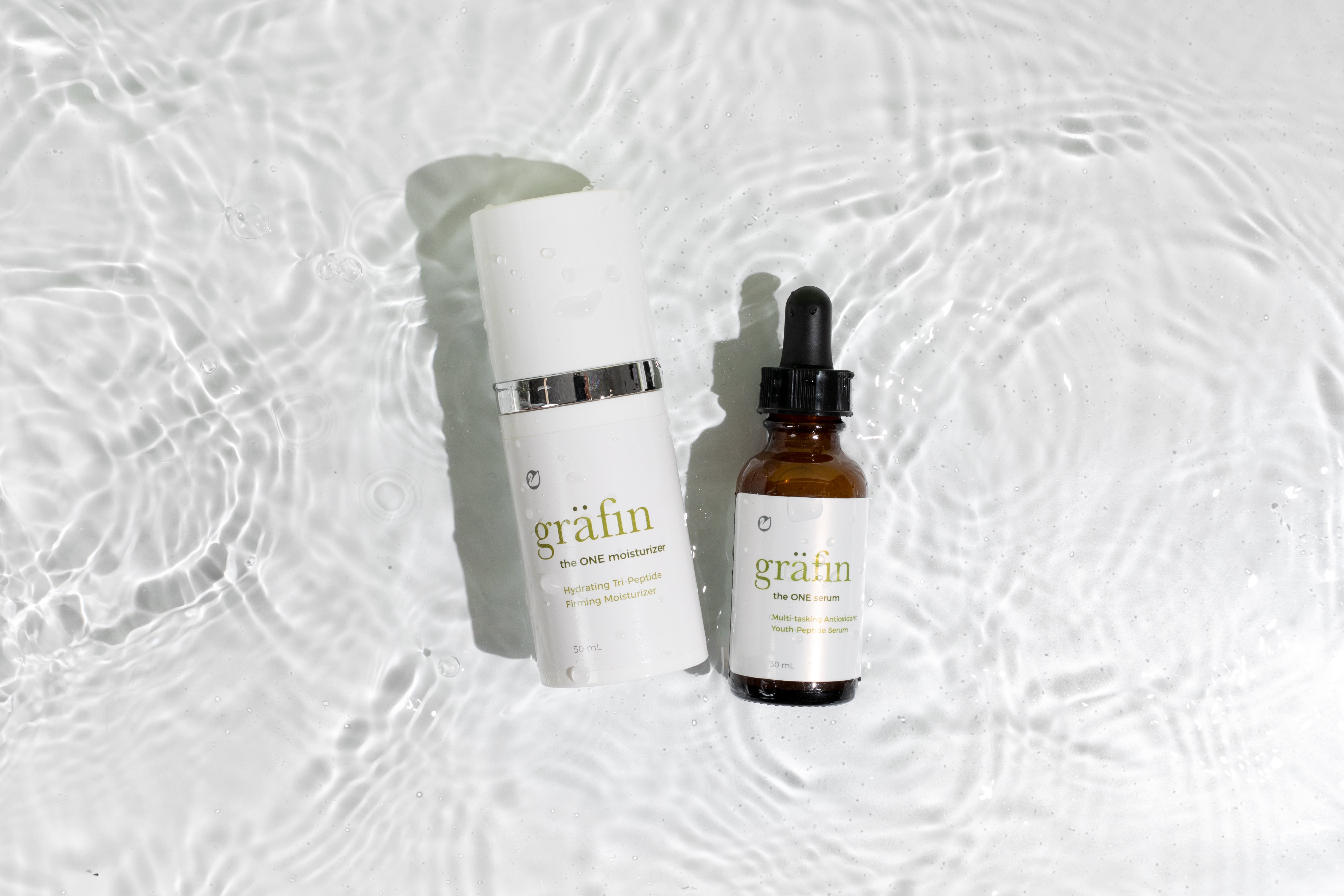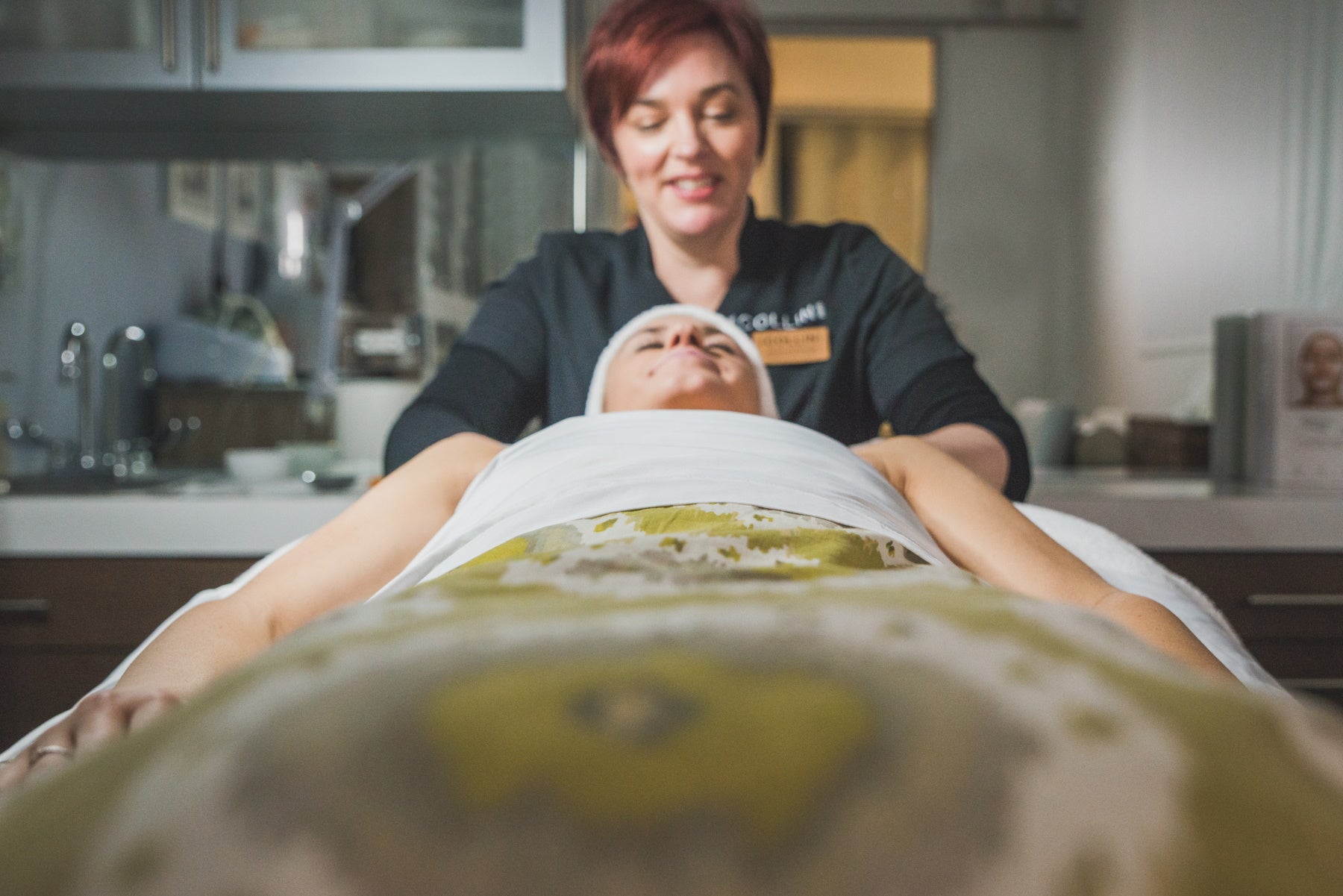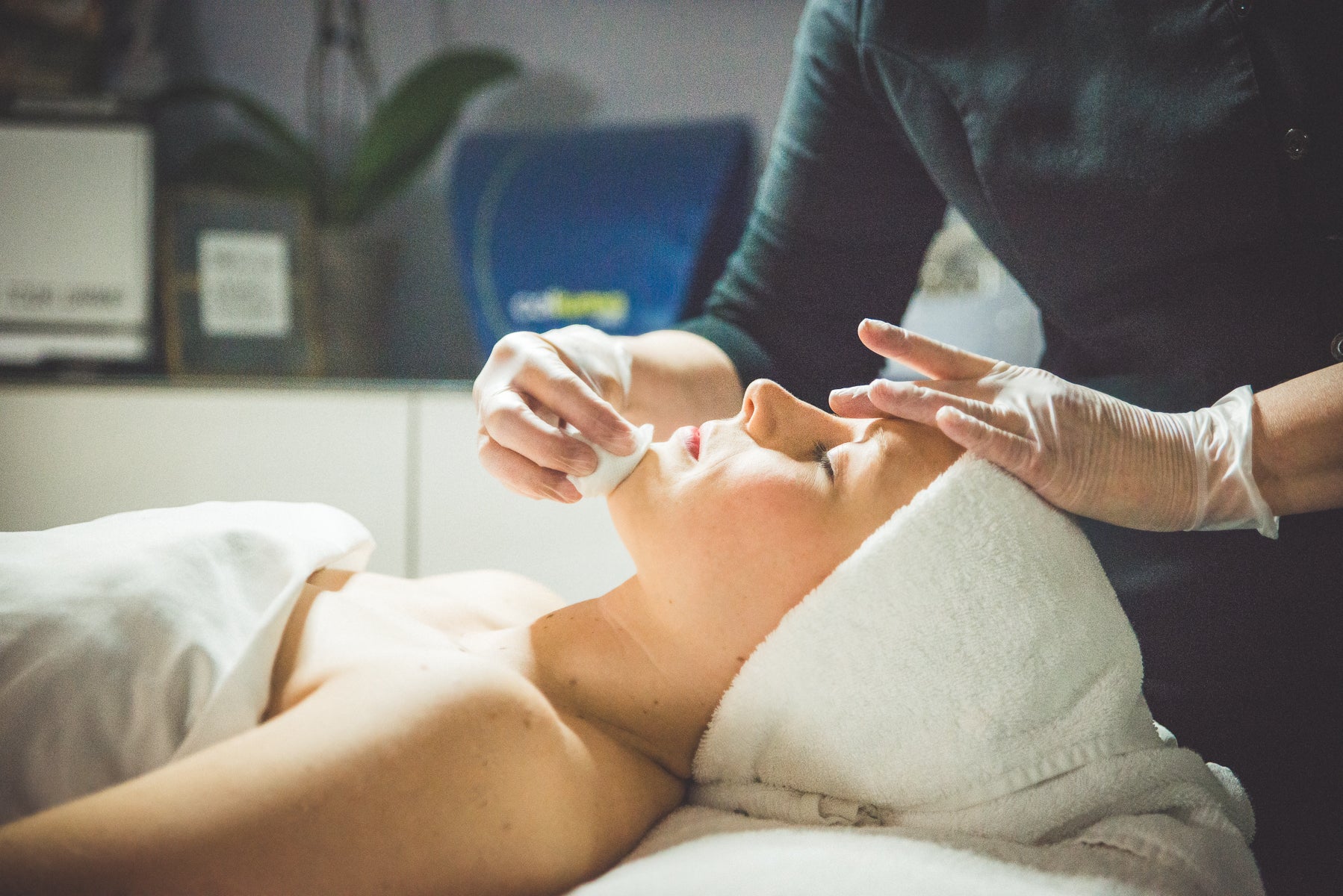Aging: The Truth about Collagen
Those of you that know me in person have probably heard me say that collagen in skincare products don't produce more collagen in the skin. So what is collagen, why do I need more of it, and where can I get it from if it's not in my skincare?
Collagen is a basic building block of your skin and is the most commonly found protein in the body. It gives your skin strength, firmness, and shape. As we age, collagen production slows naturally and this process is increased by the exposure to sun, smoking, high sugar consumption, and other environmental factors, resulting in lines, wrinkles, sagging, dark circles and that turkey neck you're blaming one of your parents for.
Sounds pretty horrible, doesn't it? So why does everything claim to "boost collagen"? Well, luckily because we can make more!
The top 3 ways to produce more Collagen
- Exfoliate. Collagen plays a key role in the replacement of dead skin cells, and if you ask this natural system to kick on, it will. Vitamin A (Retinol) is a great way to do this at night while you sleep.
- Diet. Collagen is made up of amino acids. Nine of those amino acids are essential meaning that they must be acquired by food because the body cannot make them. Great foods to add to your diet include egg whites, lean meats, legumes, cherries, blueberries, broccoli, oranges, and peppers.¹
- Topically. Using a high-quality Vitamin C on the surface of the skin has been shown to increase collagen production within skin, as well as the fight against free radical damage and sun damage. Also, Collagen stimulating peptides like copper peptide, Palmitoyl Pentapeptide-3, and Matrixyl 3000 (Palmitoyl Oligopeptide and Palmitoyl Tetrapeptide-7) are great tools in your skincare arsenal.
Why collagen in skincare? Contrary to most marketing would tell you, the collagen molecules used topically are too big to be absorbed into the skin, and they don't actually produce more collagen. However, collagen gel is an amazing way to hydrate skin and very calming, soothing to the epidermis. Medically, it has been shown that 'collagen dressings can attract new cells to wound sites.'² The GM Collin skincare line was founded on the work done on burn patients where collagens were employed in the construction of artificial skin.
All the natural health stores are telling me to drink collagen, does that help my skin? Sadly no, native collagen is not soluble, so that's just marketing. Studies have shown that ingested collagen gets broken down by saliva and other acids before it can help your skin.³ I think of it as this, if I eat chicken it doesn't make me a chicken. If you wish to produce more collagen fibers in the body, adding a few of the foods listed above to your diet to increase the amino acids you are getting and in your skin care are the best ways.
There are some new studies are showing that collagen peptides or hydrolyzed collagen (one of the building blocks of the larger Collagen puzzle) may be highly bioavailable and may act as triggers for repair. These studies are showing great promise and definitely worth paying attention to, but so far there is 'no end all be all' conclusive study.






Leave a comment
This site is protected by hCaptcha and the hCaptcha Privacy Policy and Terms of Service apply.